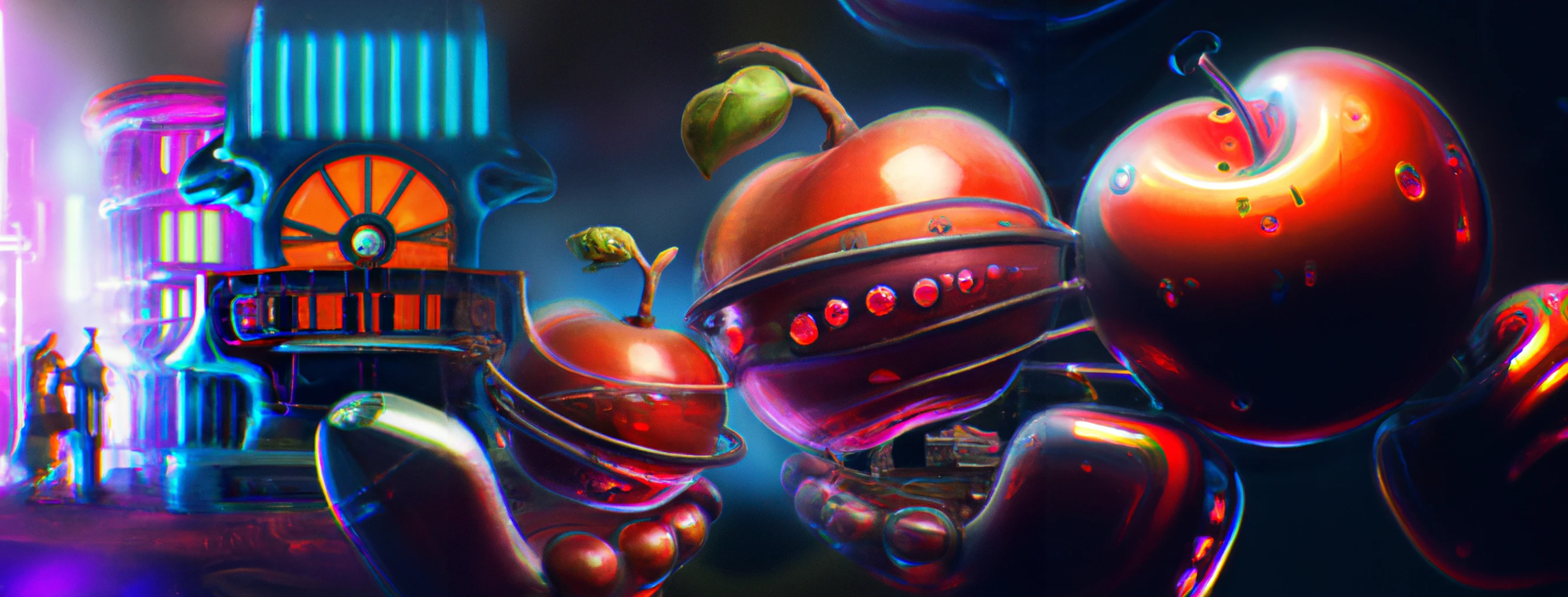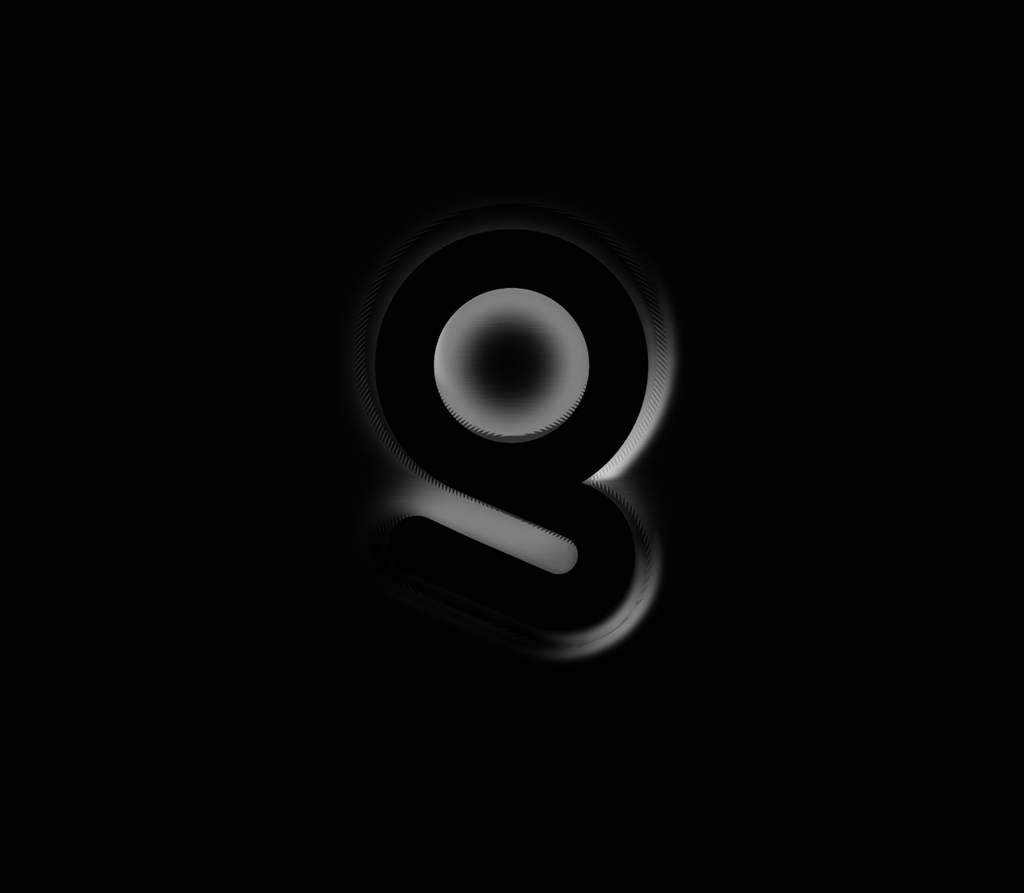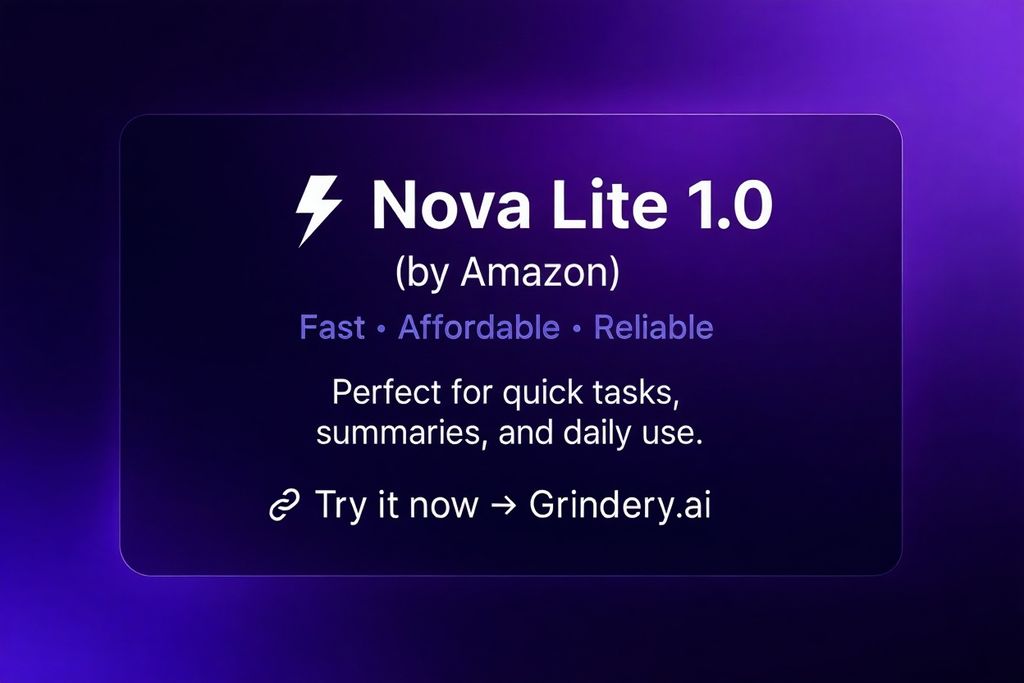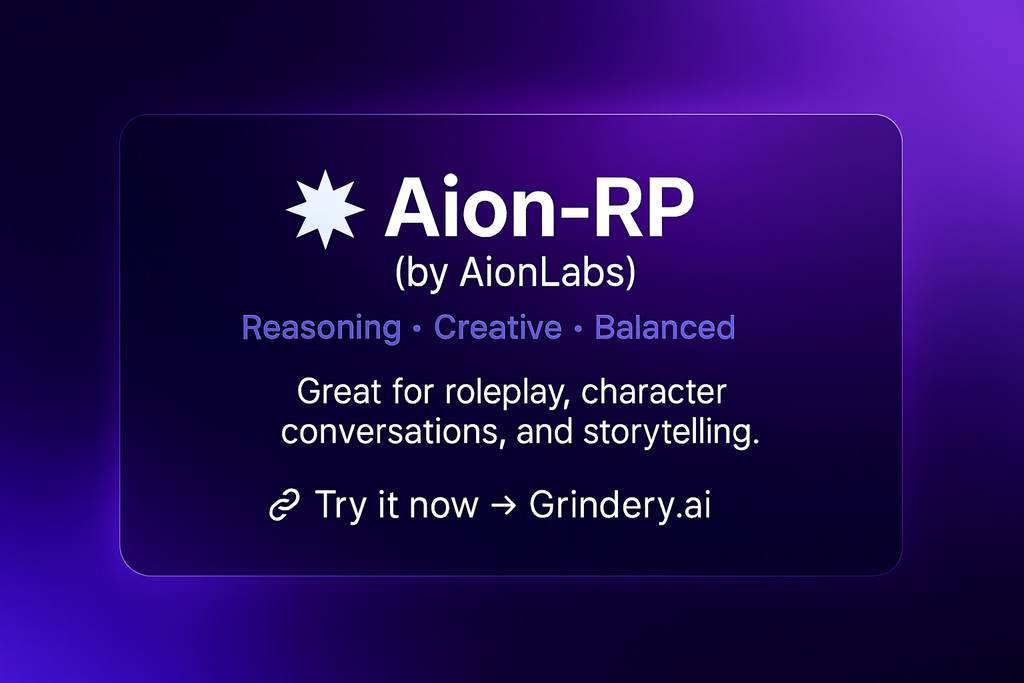
As any non-Web3 native who wants to hop onto the blockchain and start dabbling in crypto, will tell you, one of the first things they’ve learned in forums is that the DAOs are coming. In fact, they’re already here. They’ve been here for some time now. In our constant pursuit of innovation, efficiency, autonomy, and privacy, DAOs have emerged to address these ideals and redefine how we view organizational structures and operations.
To understand where they’re going, it’s good to understand how DAOs were born.
A DAO is an entity set up via a smart contract, and is coded on the blockchain. It lives on the internet, is globally accessible, and exists autonomously, with a caveat - it heavily relies on having individuals with tokens to submit proposals and vote on actions. Then it automatically executes those actions without the need for intermediaries, via smart contracts. While at its core, it’s as ethereal as a computer algorithm, it thrives with the help of invested people. It’s the upcoming horizon for a new generation of investors.
The First DAO
The concept of a decentralized organization was first proposed in 2013 by Vitalik Buterin, the co-founder of Ethereum. However, it was not until 2016 that the first DAO was created on the Ethereum blockchain by the Ethereum Foundation, a Swiss non-profit that supports the Ethereum chain. This DAO was called "The DAO" and was meant as a digital venture capital mechanism to fund projects that would build on Ethereum and help it grow. Built as a smart contract on the chain, the coding framework was developed open source by the Slock.it team, then it was launched on the chain.
At its onset, The DAO had a creation period where anyone could send Ether to The DAO’s wallet address, in exchange for DAO tokens. This was such a success that they managed to collect 12.7M Ether, which was equivalent to $150 million. It took 11,000 investors in just 28 days to accomplish this, making it the largest crowdfund in history.
However, shortly after it launched, an exploit in the smart contract was discovered that allowed someone to siphon off $50 million worth of ETH, Ethereum's native currency. This resulted in a hard fork of the Ethereum blockchain, with the original chain continuing as Ethereum and the new chain becoming Ethereum Classic.
Despite this setback, interest in DAOs continued to grow. In fact, the Summer of DeFi in 2018 brought notable Decentralized Finance projects to the Ethereum blockchain such as Compound Finance, Uniswap, and Aave. These offered attractive ways for community members to decentralize through governance tokens and DAO governance.
The Evolution of DAOs
In the wake of The Dao's collapse, a number of other DAOs emerged. One of the most successful and well-known DAOs is MakerDAO, which launched in 2017. MakerDAO is a decentralized lending platform that issues crypto-backed loans in Dai, a stablecoin that is pegged to the US dollar. To date, MakerDAO has issued over $1 billion worth of Dai loans and is one of the most successful DAOs in operation today.
Another notable early DAO is DXdao, which was founded in 2019 by the team behind the popular cryptocurrency exchange IDEX. DXdao is a decentralized governance platform that allows IDEX users to vote on key decisions regarding the direction of the exchange. IDEX users who hold DXdao tokens have voting rights on issues such as listing new tokens on IDEX or changing trading fees.
Over time, DAO contracts have evolved as new DAOs and blockchains are introduced. Throughout the brief history of the Web3 ecosystem, DAOs, chains, and smart contracts have found inspiration and ideas from each other. For example, there was the original DAO in 2017. In the following years, other DAOs sprung up exponentially because of what the Ethereum Foundation had built, but with changes and improvements. They saw what was happening, and what was available, and built something new, better, or different to service different use cases.
Today, according to DeepDAO, there are over 4,826 DAOs and counting.
Future Prospects
Despite the large number of DAOs in Web3, DAOs are still very much in their infancy, but they have already made a big impact on how we think of organizations. By eliminating middlemen, offering new forms of governance, and increasing transparency, DAOs can create a more efficient and borderless organizational landscape. We are only beginning to scratch the surface of what DAOs are capable of - only time will tell what further innovation they bring.
We, at Grindery, are excited to find out and be a part of the future of DAOs and Web3.


